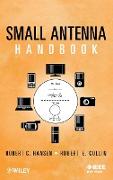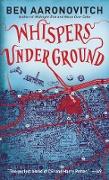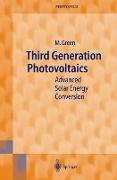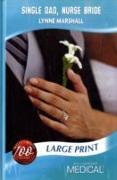Small Antenna Handbook
BücherAngebote / Angebote:
Uniquely explains in detail how small antennas work and ways to improve their performance
This book addresses the recent significant theoretical and practical developments in the electrically small antenna (ESA) area. Examining antenna designs that work as well as those that have limitations, it offers the latest information on electromagnetically coupled structures and improving bandwidth using spherical helix dipoles, the exact derivation of Q for electrically small antennas for both TE and TM modes, a new simplified Q formula developed by the authors, and discussions of metamaterials and computer model accuracy for ESA.
The book begins with detailed electromagnetic derivations of Chu and Thal Q formulations, formulas for Q when U or E cores are used, and effects of loss on Q. It also includes a treatise on bandwidth and matching, and Foster's reactance theorem, as well as up-to-date coverage of canonical antennas: dipoles, loops, self-resonant ESA, PIFA, and dielectric resonator antennas.
Just as this book offers the concrete facts on relevant developments in the field, it also clears up confusion regarding findings that have not turned out to be useful. Presented here are antenna ideas that are clever but with performance numbers that are poor, as well as eighteen more antenna ideas that are simply not to be believed. The book concludes with recent data on the use of self-resonant elements in superdirective antennas and new delay line data on superconducting antennas.
Each chapter features extensive references and an author list. In addition, helpful appendices cover a world history of ESA, antenna terms important to ESA, a paper on NIM shells enclosing an ESA dipole, and analytical errors associated with perfect lenses and sub-wavelength focusing. Small Antenna Handbook is ideal for practicing engineers in the telecommunications and national defense areas, as well as for upper-level undergraduate and graduate students.
Lieferbar in ca. 10-20 Arbeitstagen




